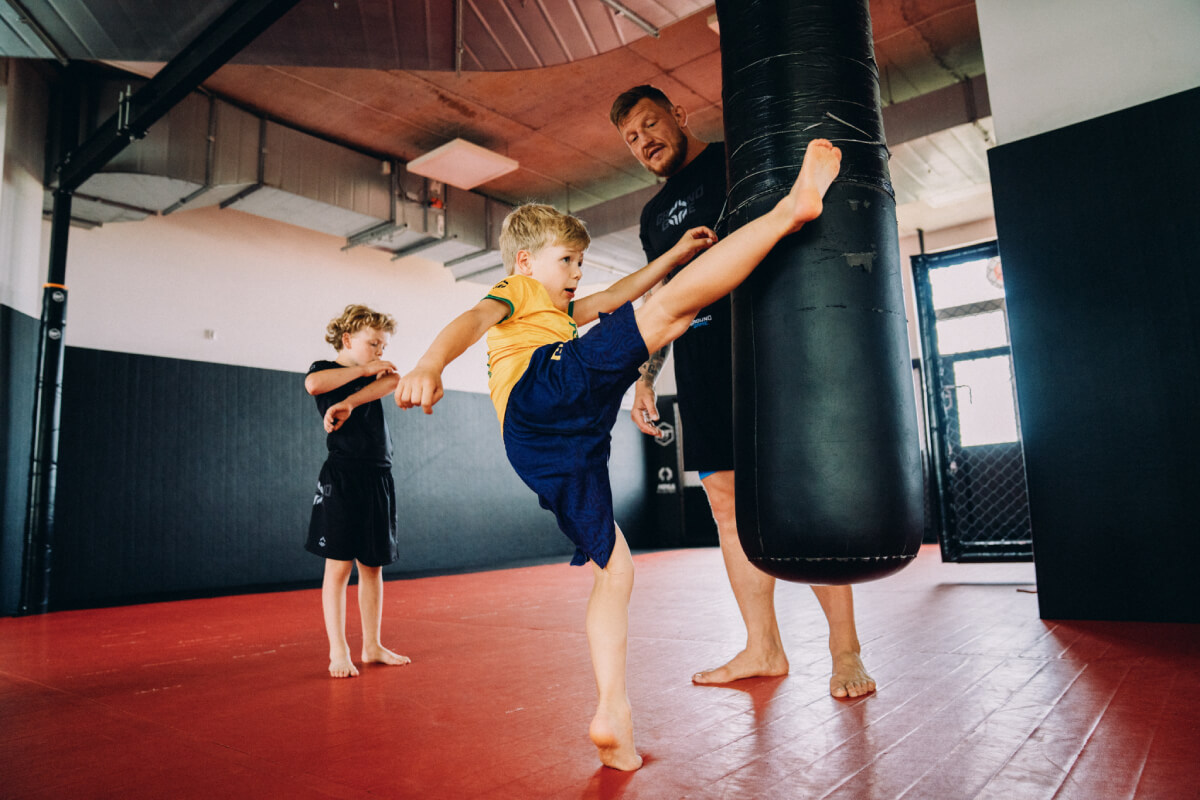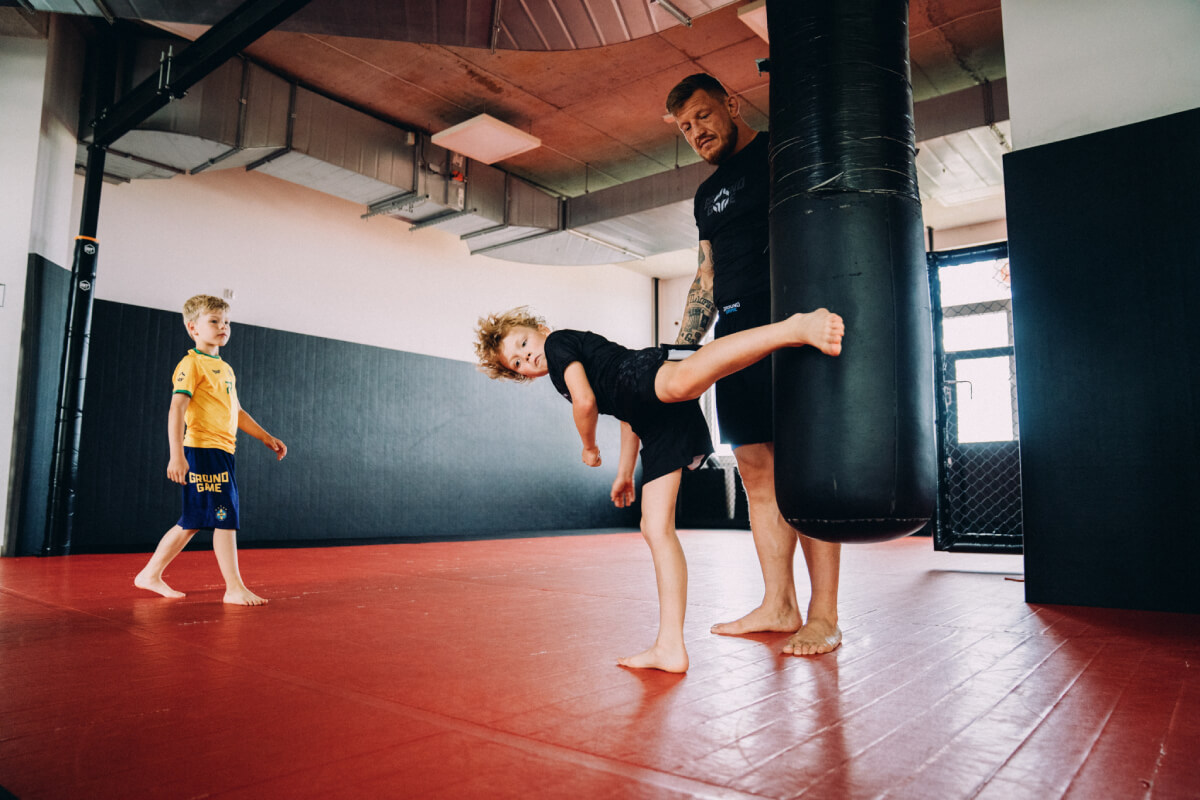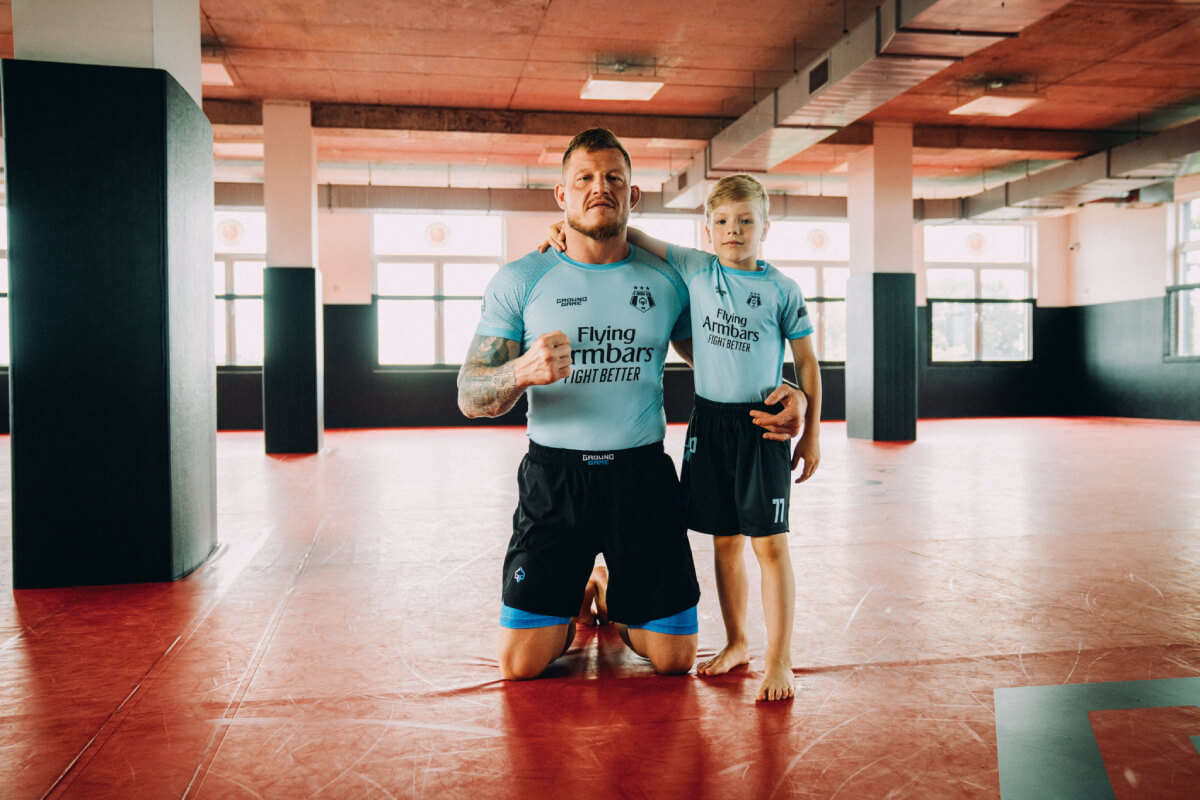When Your Child Loses Interest in Sports: How to Bring Back Motivation

Many parents want their children to grow and develop through physical activity. After all, sports are not just about movement – they’re a school of life that teaches self-discipline, perseverance, and self-belief. But what if your child suddenly doesn’t want to go to practice anymore? How should you respond? In this article, you’ll learn why children lose motivation for sports and how to help them regain it in a wise and supportive way.
Why doesn’t your child want to train? The most common reasons for lost motivation
A lack of motivation in children is a natural stage that many young athletes – and their parents – go through. Before you make any decisions (especially in the heat of the moment, when emotions are running high), try to understand what’s really behind the words: “I don’t want to go to practice.” Here are the most common reasons why motivation drops:
- Routine and lack of novelty – Every parent knows that kids need variety. When training sessions become predictable, they can quickly get bored. For the coach, repetition means polishing the basics (which are crucial for long-term progress), but for the child it feels like “always the same thing.” As a result, their intrinsic motivation fades because they lose that sense of excitement and fun.
- Lack of visible progress – At first, progress happens fast. A child learns new techniques, earns belts or medals. Then comes a period of stagnation. If no one helps them notice the small improvements, discouragement appears: “I’m not getting better, so why bother?”
- Comparing themselves to others – “She already has a yellow belt, and I’m still white…” This kind of thinking is typical for kids, who rarely consider when others started or how much they train. Comparison can sometimes be motivating, but often it works the other way around. The child starts doubting their own abilities, and their motivation slowly declines.
- Too much pressure from adults – Parents usually mean well, but constant questions about results, comparisons, or expectations of success can create stress. The child stops training for themselves and starts doing it to please their parents – a straight path to burnout.
- Changing interests – A completely natural stage for any child. The little one who loved Brazilian jiu-jitsu a year ago might now be obsessed with swimming. Sometimes it’s not a crisis, just a new stage of development – and instead of fighting it, it’s better to accept it.

How to motivate your child to train – practical tips for parents
Supporting a child through moments of discouragement doesn’t mean forcing them to act. It’s about helping them rebuild their inner motivation and rediscover the joy of movement. Here are a few proven ways to encourage your child to stay active.
- Talk instead of judging – Rather than saying, “Stop complaining and go to practice,” try asking: “What don’t you like about your training?” or “What makes you not want to go today?” Sometimes the problem isn’t the sport itself, but things like pre-match anxiety, tension in the group, or feeling that the coach is too demanding.
- Set small, realistic goals – Instead of saying “You have to win a medal,” try “Let’s see if next week you can do ten more squats than today.” Small goals give a quick sense of achievement, which strengthens your child’s motivation to keep training.
- Appreciate effort, not just results – Praise them not for victories, but for effort. For example: “Your opponent was tough, but you didn’t give up and gave it your all.” This attitude supports intrinsic motivation and helps build a healthy approach to competition.
- Find inspiration – Watch a sports movie together, attend a tournament, or go to a demonstration at your local club. Kids often need new role models and experiences that remind them why they loved their sport in the first place.
- Give your child some space – Sometimes the best way to motivate a child is simply to let them rest. A short break can make them miss training and return with fresh energy and enthusiasm.
The psychology of children’s motivation – how thoughts shape actions
According to the Self-Determination Theory (SDT) – one of the leading models of motivation used in sports psychology – motivation largely depends on satisfying three basic needs: autonomy (having influence over one’s actions), competence (feeling effective), and relatedness (feeling supported and connected to others). That’s why it’s so important to regularly support your child’s independence, recognize their progress, and nurture positive relationships with teammates and coaches. Doing so helps them maintain a high level of motivation and increases the likelihood that they’ll stay involved in sports for the long term.

To encourage your child to exercise without pressure:
- Listen and talk about their emotions.
- Value effort, not just results.
- Allow time for rest and recovery.
- Collaborate with the coach – together you’ll always find a solution.
- Remind your child that sport is meant to be fun, not an obligation.
An important lesson for both you and your child
Finally, remember one essential thing: don’t force your child to train at all costs. Motivation doesn’t come from pressure – it comes from a sense of purpose and joy. Sometimes a child truly needs a break to miss physical activity or is simply growing into new passions, and that’s perfectly fine. Forcing them to continue might keep the routine alive for a while, but in the long run, it takes away what’s most valuable in sport – genuine enjoyment and self-confidence.
Raising a young athlete isn’t about “squeezing out” success, but about helping them discover what truly brings them satisfaction and fulfillment. And that’s the greatest lesson a child can take from sport – and from a parent’s love that comes without pressure.